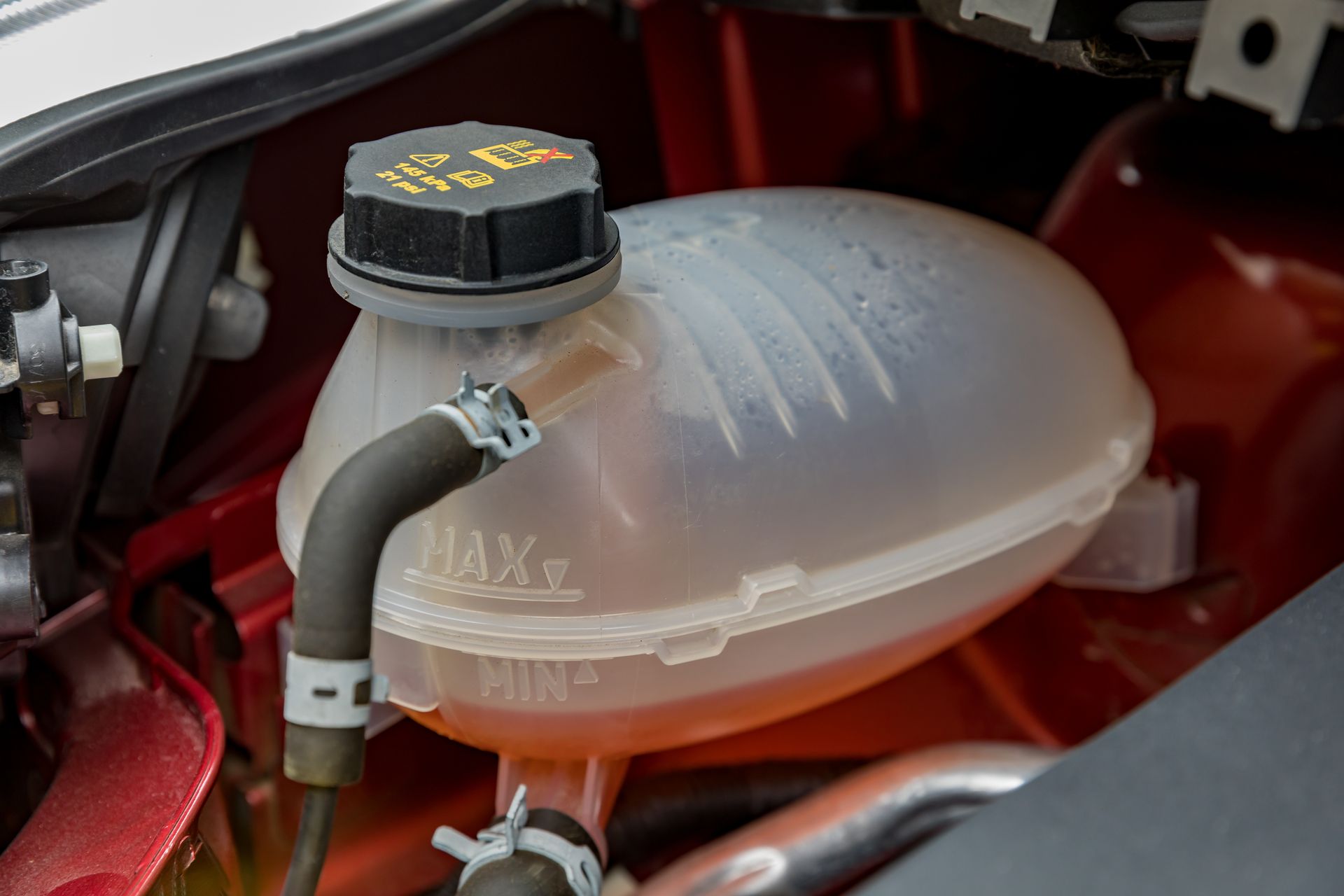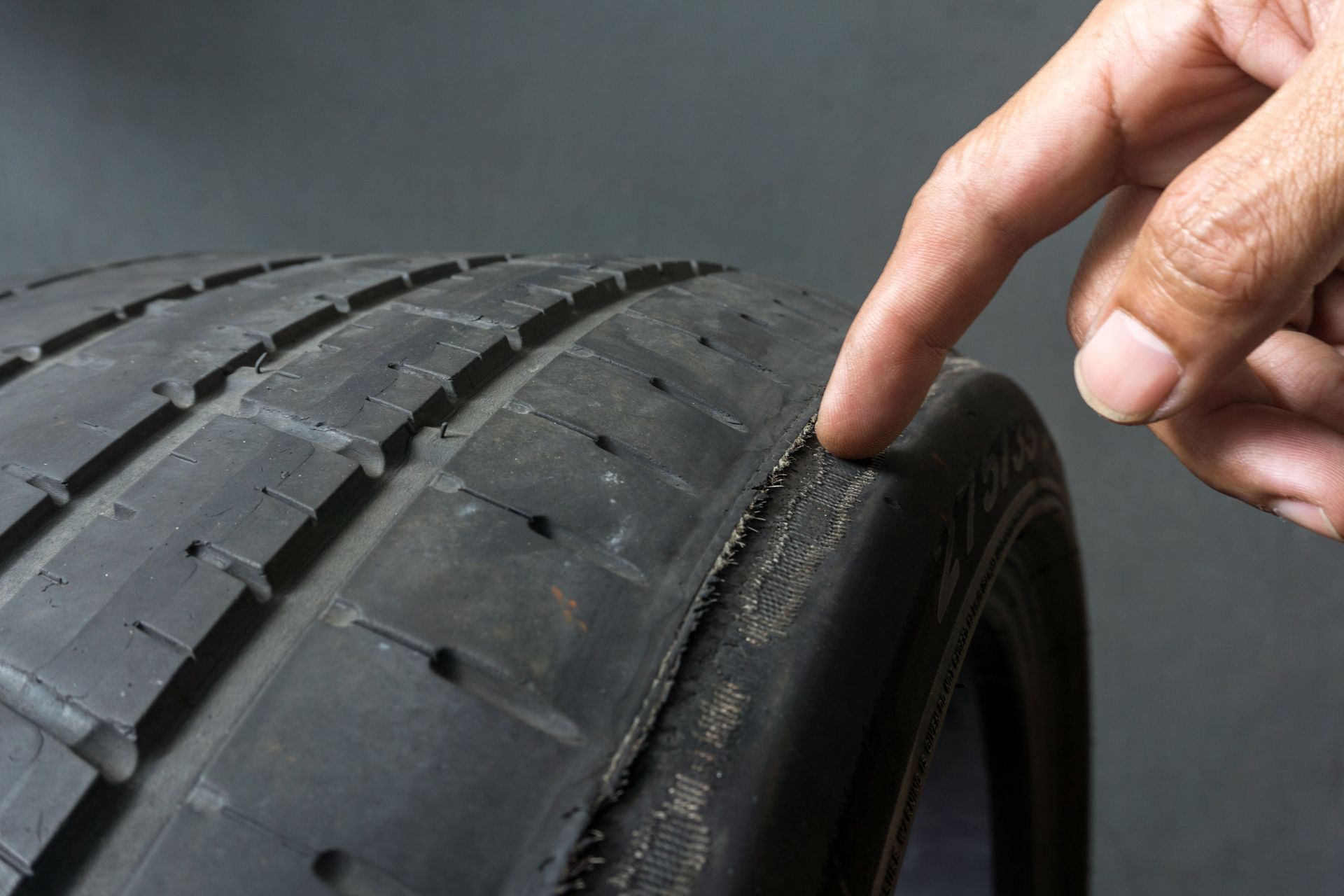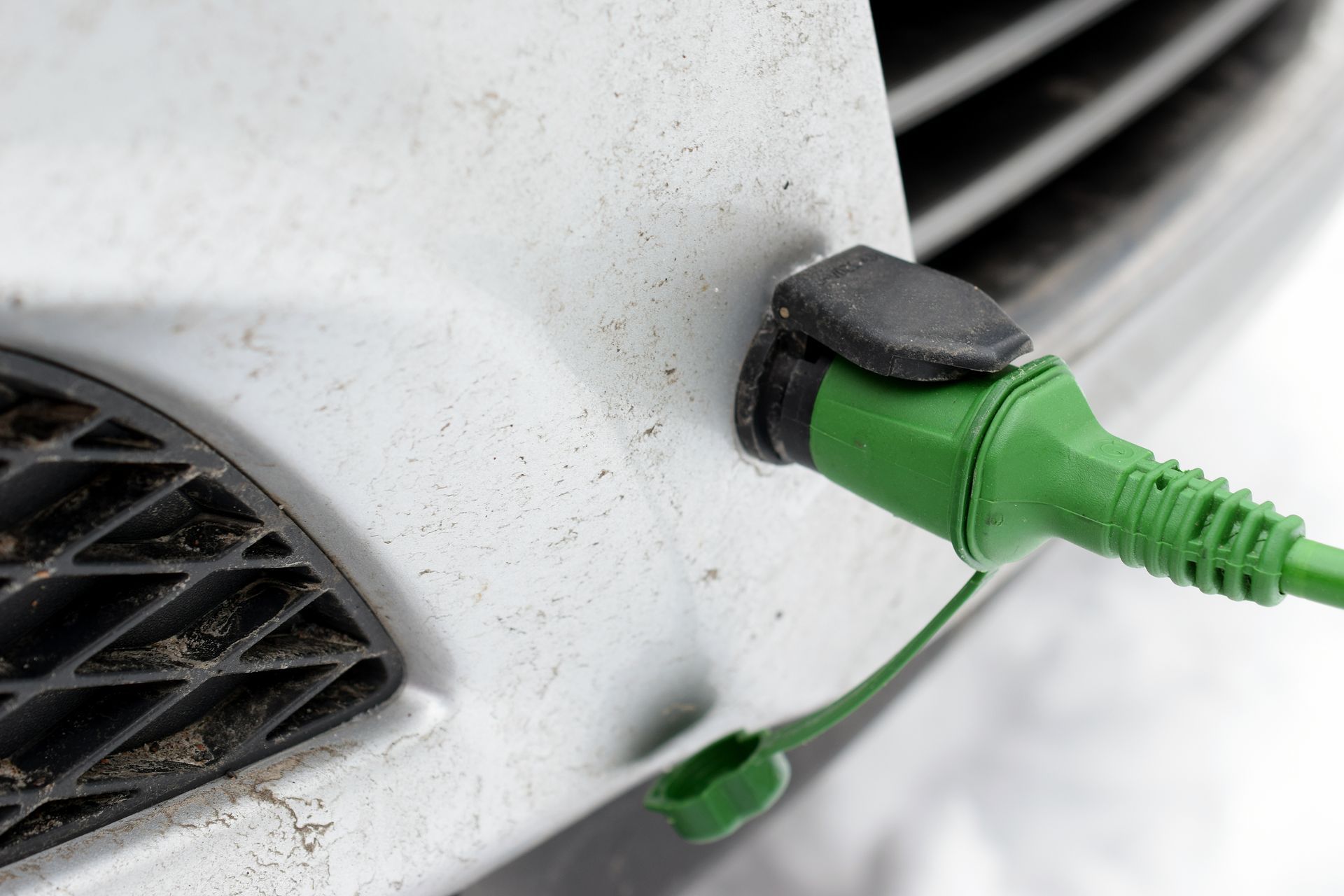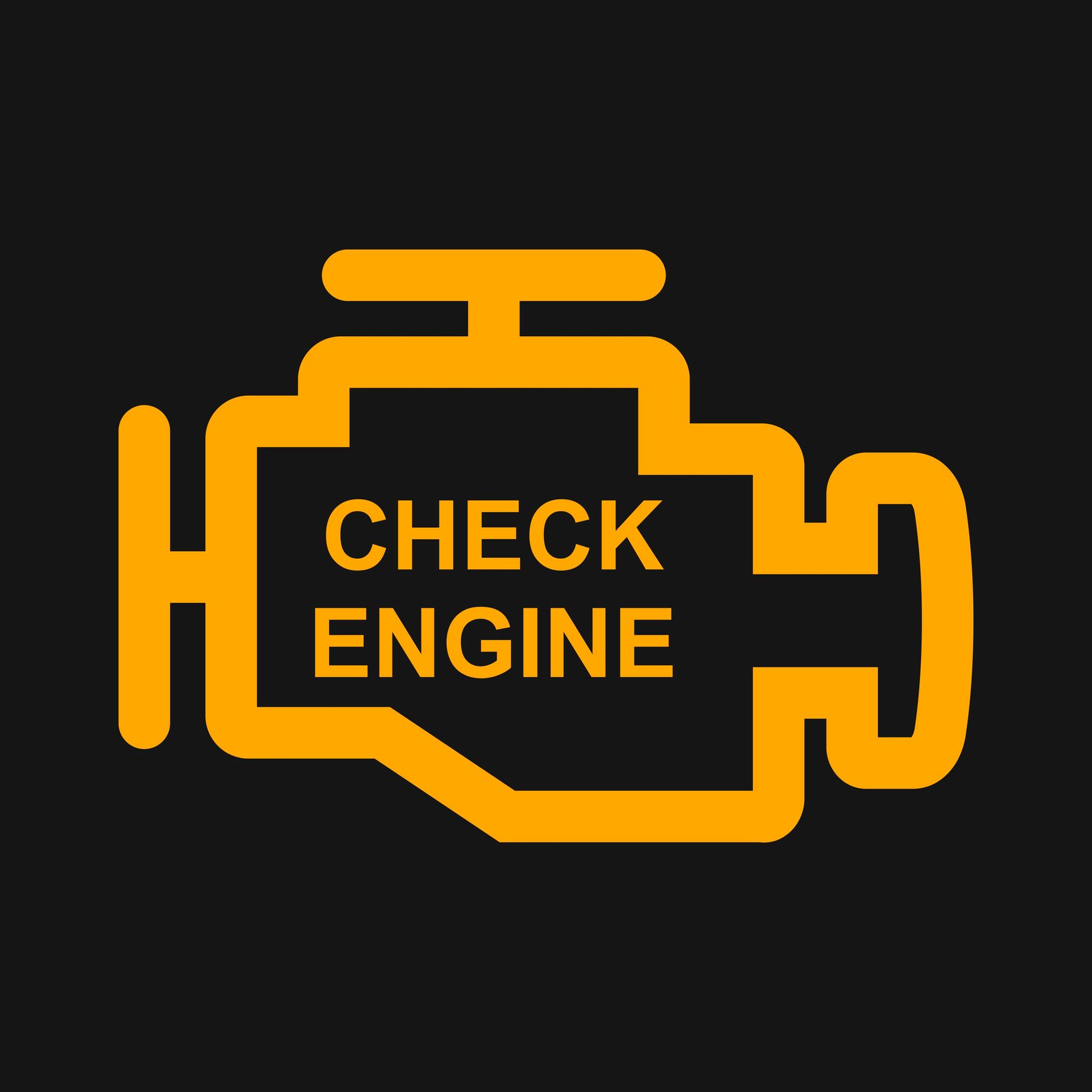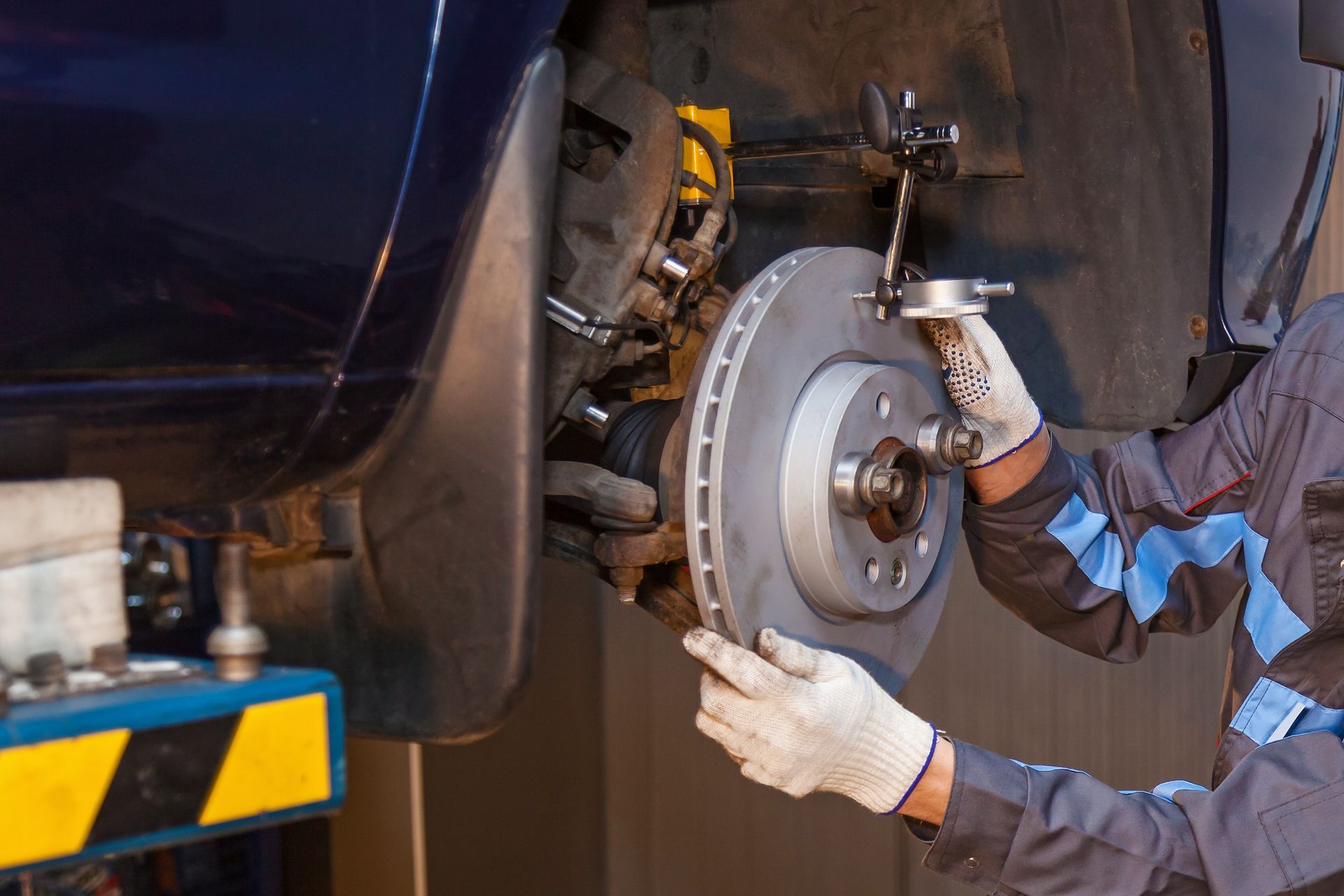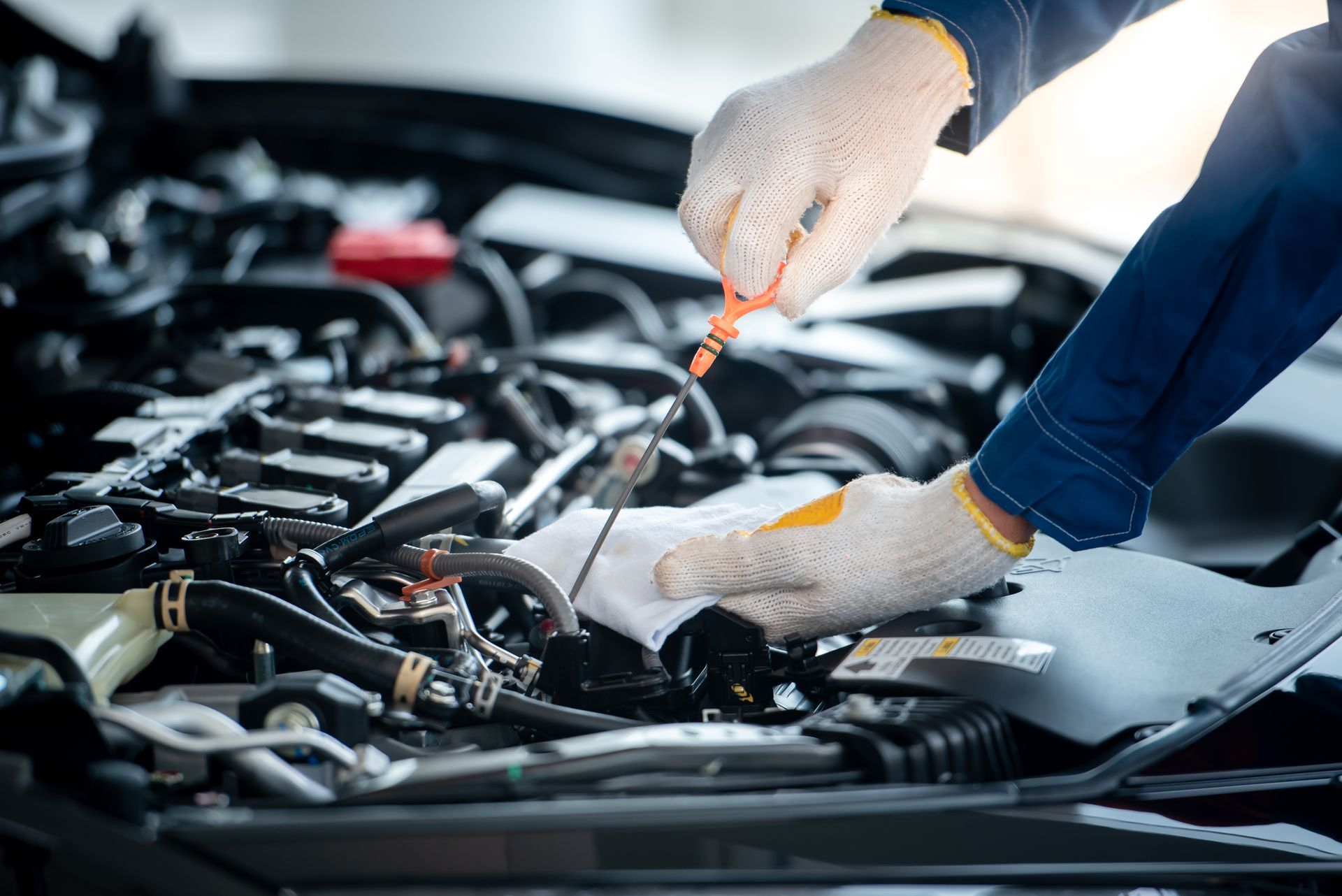It’s tempting to push an oil change a little further, especially when your car still feels like it’s running fine. But skipping that service doesn’t just mean dirty oil. Over time, it can cause real damage to your engine. In Calgary, where driving conditions include long winters, traffic congestion, and cold starts, your engine oil works harder than you might think. If it’s not replaced regularly, wear and tear can build up fast.
We’ll explain what actually happens when you delay an oil change and why it’s a risk you don’t want to take.
Engine Oil Breaks Down Over Time
Engine oil serves a few important roles: it lubricates moving parts, helps regulate temperature, and carries contaminants away from the engine. But over time, oil breaks down due to heat, pressure, and exposure to moisture and combustion byproducts.
As it breaks down, oil becomes less effective at reducing friction. It also thickens and starts to lose its cleaning ability, allowing harmful sludge and debris to build up inside your engine. This process starts slowly but accelerates the longer you go between oil changes.
Friction Increases and Wear Accelerates
When oil no longer properly lubricates, metal parts inside your engine begin to rub together. This increases friction, which accelerates wear on components like the camshaft, crankshaft, and pistons.
At first, you might not notice anything. But over time, the engine will start to lose efficiency. It may run louder, be rougher, and produce more heat. This wear is gradual but irreversible. Once metal-on-metal contact occurs, the damage can't be undone, only repaired, often at a high cost.
Sludge Buildup Restricts Oil Flow
Sludge forms when old oil mixes with dirt, carbon, and moisture. As it thickens, it begins to stick to engine surfaces and clog narrow oil passages. This restricts the flow of oil, starving key parts of the lubrication they need to function.
Engines with sludge buildup often suffer from poor performance, loss of power, and in severe cases, total failure. If you’ve ever seen an oil cap coated with dark, sticky residue, you’re seeing the beginning stages of sludge. Once it’s throughout the engine, cleaning it out requires more than just an oil change. It also involves extensive labor.
Fuel Economy and Performance Start to Decline
As oil degrades, the engine has to work harder to compensate for the lack of lubrication and heat control. This added effort increases fuel consumption and reduces overall performance. You may notice your vehicle feels sluggish, shifts differently, or takes longer to respond to throttle input.
In colder climates like Calgary, the impact is even greater. Cold starts require fresh oil to circulate quickly. Old, thickened oil takes longer to reach critical areas, putting even more strain on internal parts during winter driving.
You Risk Complete Engine Failure
If an oil change is skipped long enough, the consequences can be catastrophic. Eventually, old oil becomes so ineffective that the engine will overheat, seize, or suffer internal damage. This usually starts with ticking or knocking sounds, indicating that metal parts collide without enough lubrication.
At this point, you’re looking at a major repair, or more often, a full engine replacement all from ignoring a service that takes less than an hour.
Shawnee Station Automotive – Oil Change Experts in Calgary, AB
At Shawnee Station Automotive in Calgary, we make oil changes quick, convenient, and affordable. Whether you drive a daily commuter, an SUV, or a light-duty truck, staying on top of your oil schedule is one of the simplest ways to protect your investment.
If you're overdue, don’t wait for problems to appear—stop in today and let us help your engine stay clean, smooth, and reliable for the long haul.

